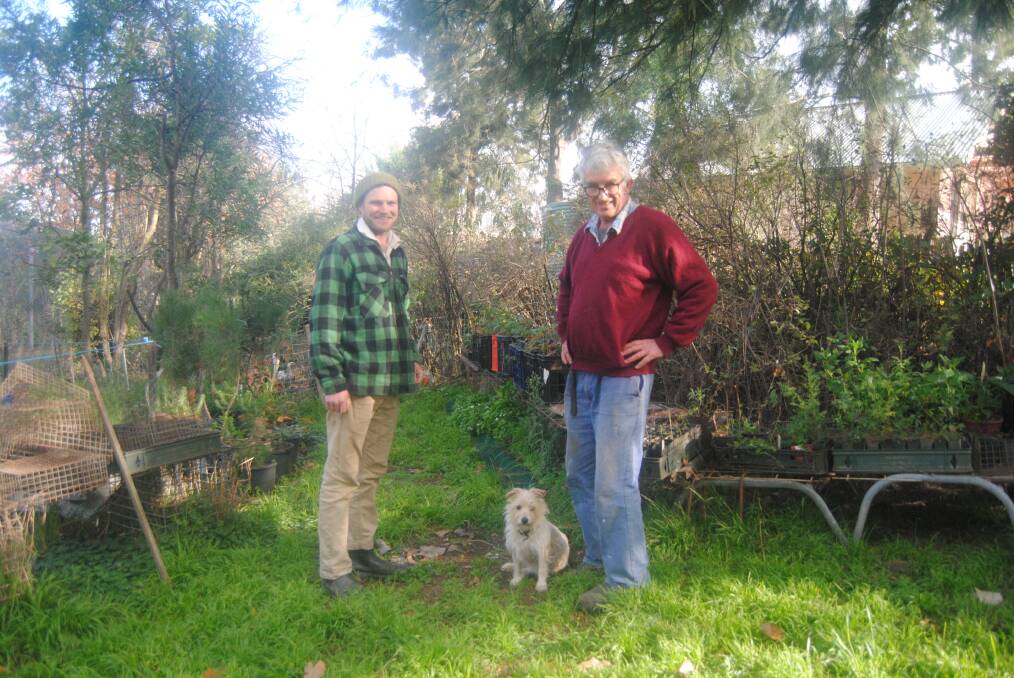
Driving down the dirt road lined with trees, one can see a steel gate entrance that says Millpost, a wool-growing property that has been with the Watson family for nearly 100 years.
Subscribe now for unlimited access.
or signup to continue reading
The Millpost farm is located outside Bungendore and has seen six generation of farmers.
The family business includes commercial superfine merino enterprise, diverse agroforestry systems, productive gardens, and home-grown animals for eggs, meat and milk.
Mr David Watson and his family manage the farm that was bought by his grandfather Frank Hyles in 1923.
He has seen the effects of drought, heat, and devastating bushfires and is concerned about climate change.
"Climate change for us means being lot faster on your feet with destocking and caring for your land," he said.
"In the last decade, the summers have become hotter with prolonged heatwaves taking a toll on vegetation, people and stressing the animals.
READ ALSO: Rare 19th century Sydney gold seal pinched
"Permaculture, that underpins our farm design, is based on ecology that focuses on not just natural diversity but planting a diverse range of species like fruit and shade trees.
"Diversity leads to stability in landscape.
"No matter what the climate throws at us, whether its heatwave, drought or a storm, diversity gives you a buffer against climate change."
Meanwhile, his son and sixth-generation grazier Harry Watson feels that climate change will make things completely different for the coming generations.
READ ALSO: Labor's $10b plan for social housing fund
"That is not something we can easily adapt to even though we have started incorporating changes keeping that in mind," he said.
"We have a number of paddocks on our 1100-acre property for the sheep and not all of them have shade at the moment.
"We have started planting trees so that in the next 20 years, all paddocks will have good shade when it will be needed.
"We are improving our water infrastructure and building new dams to ensure water security and flexibility in our management."
Harry recalled that in the last drought, the dams went dry but due to a good water storage and trough system, they didn't have to destock completely.
He added that their focus is to look after soil and pasture so that when they get rain, it promotes plant growth and not only supports the buisness but also biodiversity.

